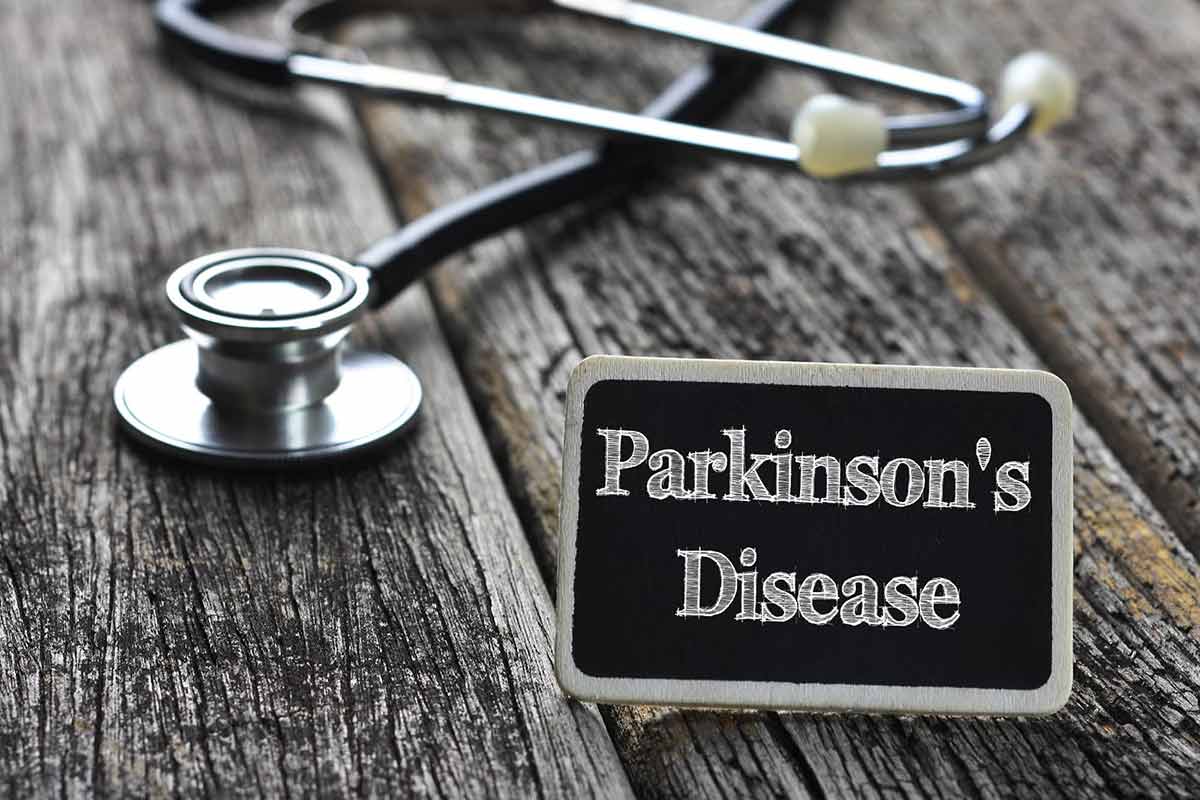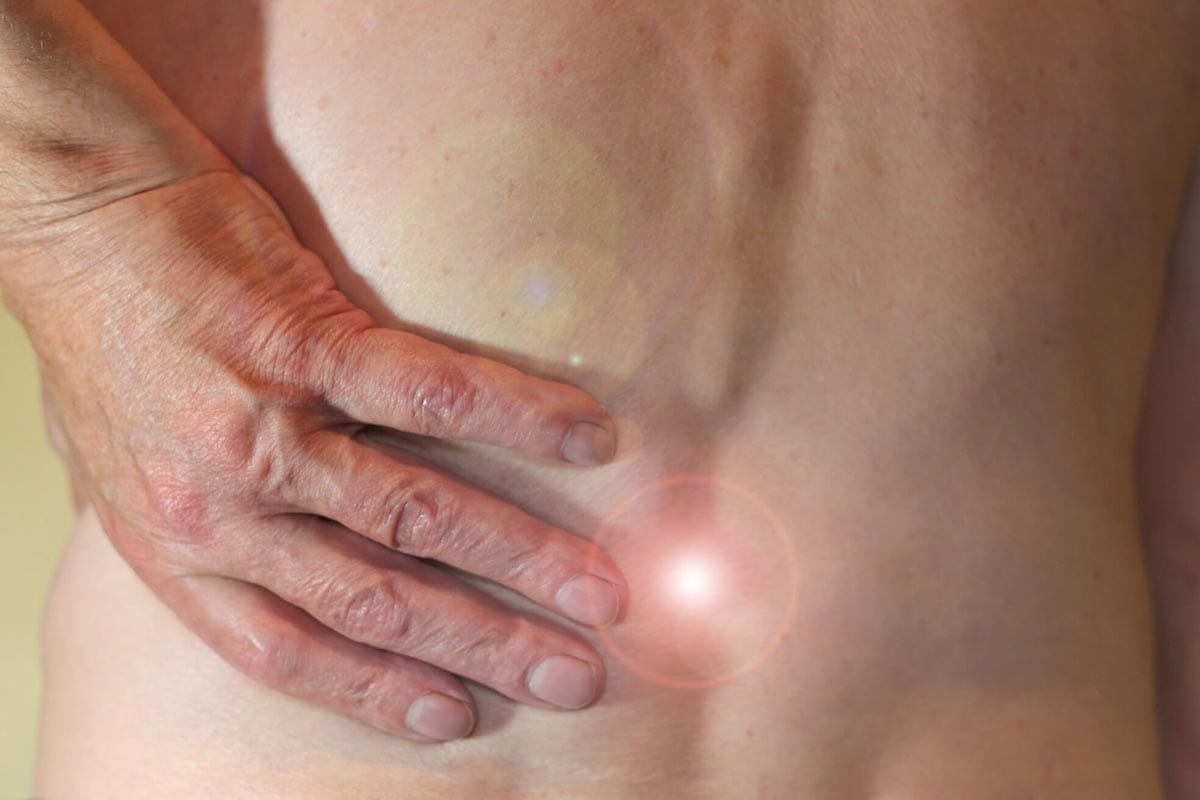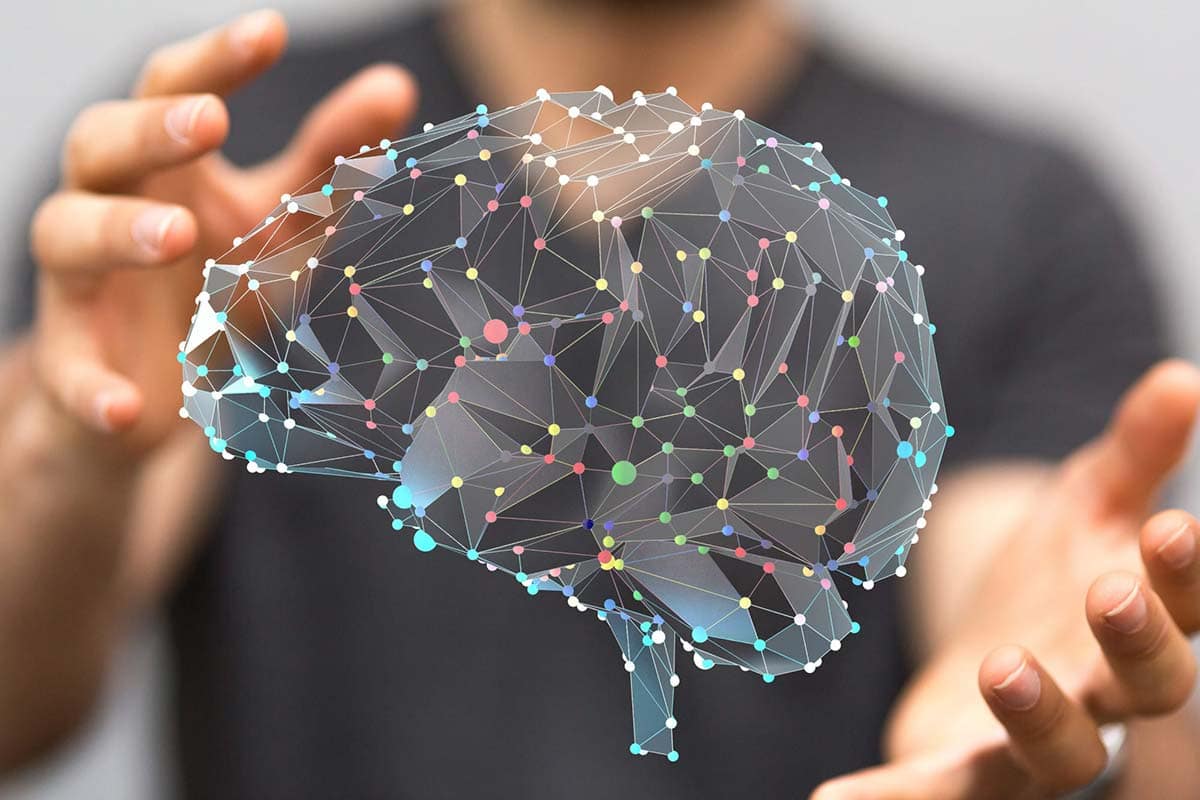How much do you know about neurodegenerative diseases? Neurodegenerative disorders include illnesses like Parkinson's disease, Alzheimer's disease, and ALS.
In Ontario alone, almost 285,000 people are living with different types of neurodegenerative disorders. These are degenerative diseases that worsen over time and cause a variety of neurological symptoms.
It's important to spread awareness about neurodegenerative diseases and start the conversation. In this guide, you'll learn about the types, causes, and treatments of the most common neurodegenerative diseases.
Alzheimer's Disease
Alzheimer's disease is a neurological disease that affects the brain. Alzheimer's disease causes brain cells to die, and the brain begins to shrink. As a result, there is a decline in thinking, social skills, and self-care behaviors.
Early symptoms of Alzheimer's disease include forgetting recent events and conversations. Other symptoms include:
- Repeating statements and questions
- Forgetting appointments and important events
- Misplacing items
- Getting lost in familiar places
- Forgetting the names of objects, friends, and family members
- Have trouble with everyday conversations and expressing thoughts
People also have changes in personality and mood. They suffer from depression, irritability, mood swings, change in sleeping habits, and wandering.
The exact causes of Alzheimer's disease aren't known, but brain proteins begin to function abnormally. This disrupts brain cells and causes neurons to lose connections and die. These events are thought to be from a combination of genetic, environmental, and lifestyle factors.
There is no cure for Alzheimer's, but medications can help with symptoms and other changes in the beginning. It's also important to create a safe and supportive living environment as a part of the treatment plan. Dementia home care is a great place to start and offers help with meals and housekeeping.
You can't prevent Alzheimer's disease, but you can change your lifestyle to reduce the risks. Adopting a heart-healthy lifestyle can also reduce your risk of Alzheimer's disease. It would help if you made changes like:
- Quit smoking
- Manage chronic illnesses like diabetes and high blood pressure
- Regular exercise
- Eat a diet with fresh vegetables, healthy oils, and low in saturated fat
It's also important to keep your mind active with social events like dancing or playing board games. Creative activities like reading, writing, and creating art help keep the mind active and focused.
Parkinson's Disease
Parkinson's disease is a nervous system disorder that affects movement. In the early stages of this disease, people might notice a slight tremor in one hand followed by stiffness and slowing of movement.
There are five stages to Parkinson's disease. Parkinson's disease symptoms get worse as the stages progress, and symptoms include:
- Tremors and shaking begin in your hands and arms, usually on one side of the body
- Tremors that become more widespread
- The slowing down of body movements
- Dragging your feet while walking
- Rigid and stiff muscles
- Muscle cramps and spasms
- Constipation and trouble urinating
- Loss of sense of smell
Other symptoms include depression, anxiety, and memory problems. People also notice changes in their handwriting, slurred speech, and trouble sleeping due to pain and restless legs.
Parkinson's disease is caused by a combination of inflammation, genetic and environmental factors. Research is ongoing, but gene mutations have been discovered in people with Parkinson's disease. Inflammation is usually a response to injury and infection. And environmental concerns include pesticides, occupation, or exposure to metals.
Parkinson's disease has no cure. But treatments are available, such as medications to reduce symptoms and improve quality of life. It's important to remember these medications only reduce symptoms and don't reverse any disease effects.
Another crucial component of treatment is making lifestyle changes with diet and exercise. Eating healthy foods and exercising daily can control your symptoms and slow the progression of the condition. You can't prevent Parkinson's disease, but diet and exercise are key to keeping your brain and nervous system healthy.
ALS - Amyotrophic Lateral Sclerosis
Amyotrophic lateral sclerosis (ALS) is also known as Lou Gehrig's disease or motor neuron disease. Over time, the motor neurons in the brain break down. People lose the ability to talk, eat, swallow, walk, and breathe normally.
ALS is a progressive disease, and over time you'll need support with moving, breathing, eating, and physical activities. ALS is a disease that completely changes your life and needs the efforts of skilled healthcare professionals to manage this condition's challenges.
Symptoms of ALS vary depending on the stage, but often early symptoms are overlooked or dismissed as normal signs of aging. Early signs and symptoms include:
- Tripping and dropping things
- Slurred speech
- Trouble swallowing
- Weight loss
- Decrease in muscle tone
- Shortness of breath
- Changes in reflexes
- Periods of uncontrollable laughing or crying
- Weakness, fatigue, muscle cramping, twitching, and stiffness
Over time muscle weakness spreads throughout the entire body. This causes increased difficulties with breathing and chewing. Sight, touch, hearing, and taste are not affected, and many people keep control of their eye and bladder muscles into the late stages of the disease.
Genetics are thought to cause up to 10% of ALS cases, but otherwise, a specific cause isn't known. But, theories suggest it's a combination of genetic, lifestyle, and environmental factors like:
- If you get ALS, there is a 50% chance one of your children will develop it
- The risk of ALS increases with age and is most common after the age of 40
- Before the age of 65, more men than women develop ALS
You can't prevent or cure ALS, but medications can help reduce symptoms and increase life expectancy. Physical therapy, occupational therapy, speech therapy, and nutritional and breathing support are critical in treating ALS.
While you can't prevent ALS, you can change your lifestyle habits and reduce your risks. Eating more greens, fruits, quit smoking, and exercising daily are the keys to preventing this disease.
Friedreich's Ataxia - Spinocerebellar Degeneration
Friedreich's ataxia is a rare genetic disease that's also known as spinocerebellar degeneration. This disease damages parts of your brain, spinal cord and can also affect your heart. Friedreich's ataxia causes a loss of sensation in the arms, legs, as well as impaired speech.
Friedreich's ataxia can be diagnosed in people from 2 to 50, but it's often diagnosed between 10 and 15. Difficulty walking is typically the first symptom people experience, followed by:
- Hearing loss
- Vision changes
- Muscle weakness
- Poor leg reflexes
- Poor coordination
- Problems with speech
- Uncontrolled eye movements
- Foot deformities
Friedreich's ataxia is a genetic disorder inherited from both parents and is linked to the gene FXN. People with Friedreich's ataxia produce too many copies of this gene, which results in brain and spinal cord damage.
Friedreich's ataxia can't be prevented, but you're at an increased risk of inheriting this disease if you have a family history of it. People can also be carriers of this defective gene and pass it along to their children yet have no symptoms themselves.
Genetic counseling and screening are recommended to estimate the chances of having a child with the disease if you have a family history of Friedreich's ataxia.
Treatment for Friedreich's ataxia consists of treating underlying symptoms and conditions. Treatment is often needed for diabetes and heart disease. Physical, occupational, and speech therapy helps people function better. Assistive devices like canes, braces, and wheelchairs are also essential for mobility.
Huntington’s Disease
Huntington's disease is a rare genetic disease that causes nerve cells in the brain to break down and lose function progressively. This disease has a huge impact on your ability to move and think normally. Huntington's disease can develop anytime, but most often first appears between 30 and 40. If Huntington's develops before 20, it's called juvenile Huntington's disease and often progresses much faster.
The symptoms of Huntington's can vary greatly for each person, but most often, symptoms affect your ability to function and your cognitive and mental health. Symptoms include:
- Involuntary jerking movements
- Muscle rigidity
- Abnormal eye movements
- Difficulty speaking and swallowing
- Difficulty with walking and balance
- Difficulty with organizing and prioritizing tasks
- A lack of awareness about behaviours and abilities
- Trouble learning and processing new information
Psychiatric disorders like depression, anxiety, mania, and obsessive-compulsive disorder are common with Huntington's disease. Many people also experience insomnia, fatigue, social withdrawal, and feelings of sadness.
Huntington's disease is caused by a defect from a single gene that's inherited from a parent. If one parent passes a copy of this defective gene to their child, they will have Huntington's disease. There is a 50% chance of passing this gene on to your children. There is no way to prevent Huntington's disease, but genetic testing can evaluate your risks.
No treatment can change the course of Huntington's disease, but some medications can ease symptoms. Medications for depression and other psychiatric disorders are used along with drugs that decrease muscle rigidity and spasms.
Lewy Body Dementia
Lewy body dementia is dementia with protein deposits called Lewy bodies. Lewy body dementia is a common type of progressive dementia caused by protein deposits developing in the nerve cells. Lewy body dementia affects the regions of the brain that control thinking, memory, and motor control.
This disease is progressive and causes a slow decline in mental abilities and changes in attention and alertness. People with Lewy body dementia often develop rigid muscles, tremors and have difficulty walking. Other signs and symptoms of Lewy body dementia include:
- Visual hallucinations commonly of shapes, animals, and people
- Difficulty sleeping
- Slow movement
- Muscle rigidity, cramps, and tremors
- Poor regulation of nervous system functions like blood pressure, pulse, and sweating
- Cognitive problems such as confusion, memory loss, and poor attention span
- Depression
- Apathy
The abnormal buildup of Lewy proteins causes Lewy body dementia. These proteins are also associated with Parkinson's disease and Alzheimer's disease. You're at more risk of getting this disease if you're a man over 60 and have a family history of Parkinson's disease or Lewy body dementia.
You can't prevent or cure Lewy body dementia. Medication therapies are available to ease cognitive symptoms, hallucination, and muscle rigidity.
SMA - Spinal Muscular Atrophy
Spinal Muscular Atrophy (SMA) is an inherited disease that affects your nerves and muscles, causing them to become weak over time. SMA affects infants and children, but adults can develop a milder form of it too.
People with SMA don't produce enough protein to keep the motor neurons in the spinal cord functioning. Without these neurons, muscles don't receive the signals that make them move and become weak and smaller due to lack of use.
There are four types of SMA, and type 1 is the most severe and the most common. Symptoms of this type appear in the first few months of life. Infants have difficulty holding up their heads and swallowing normally. Symptoms vary and depend on the type of SMA, but you'll notice:
- Loss of muscle control
- Loss of strength
- Loss of movement
- Inability to eat enough nutrition
- Difficulty with sitting and standing
People with SMA are missing a defective SMN1 gene which does not produce the protein motor neurons need to survive and function. There is no way to prevent SMA, but if you have a family history of this disease, genetic testing can identify if you're a carrier of the gene.
Treatments for SMA include medications that change the course of the disease and helps reduce symptoms. Gene replacement therapy is also helpful for children less than two and allows them to meet important milestones.
ONDRI
The Ontario Neurodegenerative Disease Research Initiative (ONDRI) is a fantastic resource for anyone with a neurodegenerative disease or who wants to learn more about it. ONDRI takes an innovative approach with research, data, assessments, and training.
ONDRI focuses on a list of neurodegenerative disorders such as Alzheimer's disease, frontotemporal dementia, ALS, and Parkinson's disease.
Other organizations include the Brain Canada Foundation, The Pacific Research Foundation (PARF), and The Alzheimer Society Research Program, which are invaluable resources dedicated to finding solutions and better treatments for neurodegenerative diseases.
Neurodegenerative Diseases and Insurance
There is hope for neurodegenerative diseases, and more and more treatments are discovered each day. You can still achieve a good quality of life, and having the right insurance policy is key.
Insurdinary has resources and guidance to help you and a loved one navigate the diagnosis and treatment of neurodegenerative diseases. Remember, you're not alone, and many resources can help you. Reach out to Insurdinary today and get a quote on the best policy for you!






